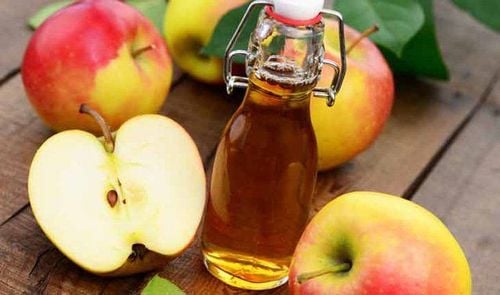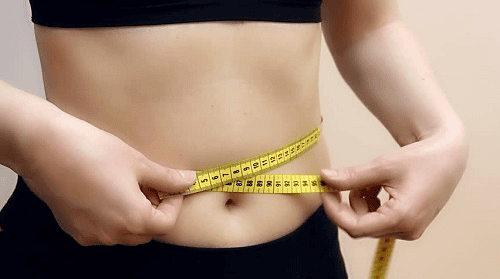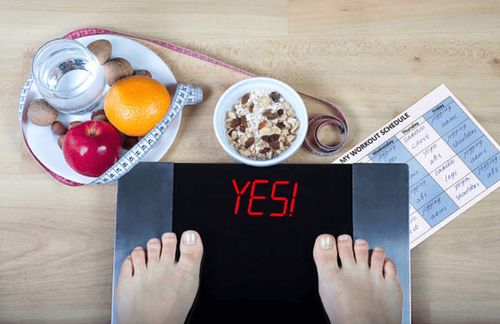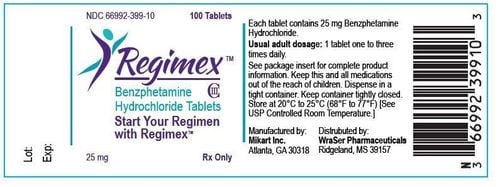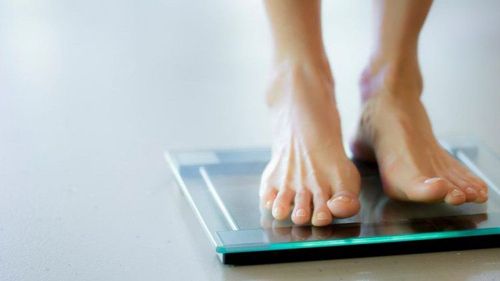This is an automatically translated article.
Metabolism is the process by which the body converts food and drink into energy. During this complex biochemical process, the calories in foods and beverages are combined with oxygen to release the energy the body needs.1. Metabolism and energy
A slow metabolism is often blamed for weight gain, but is it really true? And if that's really the case, what's the best way to speed up your metabolism to burn more calories?The answer is that metabolism is related to weight, but it is rarely the cause of excessive weight gain. Although it has an effect on the body's basal energy needs. But diet and drink along with physical activity are the ultimate factors determining weight.
Even at rest, the body still needs energy for all its "hidden" functions, like breathing, blood circulation, regulating hormone levels, growing and repairing cells, etc. The number of calories the body uses to perform these basic functions is called the basal metabolic rate, which we call metabolism.
Several factors determine basal metabolism, including:
Body size and composition: People who are large or have more muscle burn more calories, even at rest. Gender: Men typically have less body fat and more muscle than women of the same age and weight, which means men burn more calories. Age: As the body ages, muscle mass tends to decrease and fat takes up more weight making calorie burning slower. Energy requirements for basic body functions are relatively stable and do not change easily. In addition to the basal metabolic rate, two other factors also play a role in determining the number of calories burned per day:
Food processing (thermogenesis): Digestion, absorption, transport and storage of food Consumption also loses calories. About 10% of the calories from carbohydrates and proteins we eat are used in the digestion and absorption of food and nutrients. Physical activity: Physical activity and exercise such as playing tennis, walking, running,... are factors that determine the amount of calories burned each day. Scientists also show that non-temperary activities to generate heat such as commuting around the house, doing errands also consume about 100 to 800 calories per day.
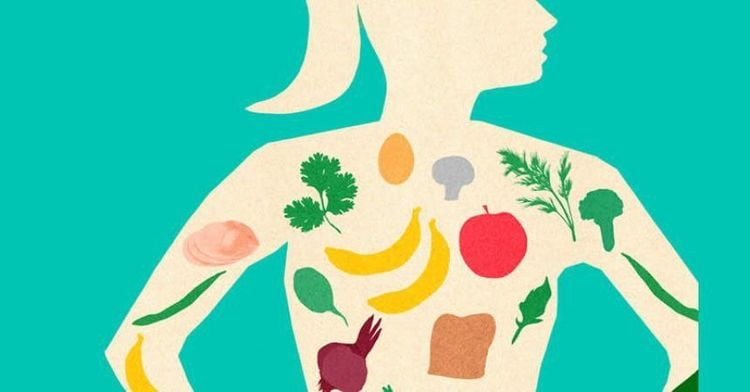
Trao đổi chất là quá trình cơ thể chuyển đổi các thức ăn, đồ uống đã được dung nạp vào cơ thể thành năng lượng
2. Metabolism and weight
Weight gain can be blamed on metabolism, but metabolism is a natural process, the body has many mechanisms to regulate it to meet its own needs. Only in rare cases do we experience excessive weight gain. It is usually due to a health problem that slows down the metabolism, such as Cushing's syndrome or an underactive thyroid gland (hypothyroidism).Weight gain is a complicated process. It may be a combination of genetic factors, hormonal control, dietary composition, and environmental influences on lifestyle, including sleep, physical activity, and stress.
All these factors lead to an imbalance in the energy equation. The body gains weight when we eat more calories than we burn.
Actually, some people seem to be able to lose weight more quickly and easily than others, but the reason they lose weight is because they consume more calories than they take in. To lose weight, you need to create an energy deficit by eating fewer calories, or increasing the number of calories you burn through physical activity, or both.
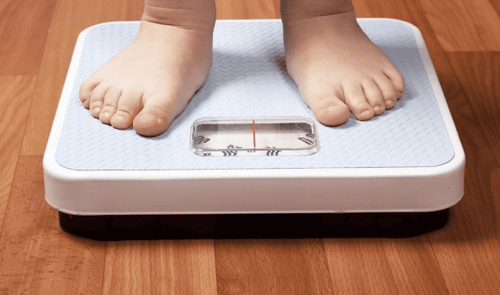
Tăng trọng lượng có thể bị đổ lỗi cho sự trao đổi chất, nhưng quá trình trao đổi chất là một quá trình tự nhiên, cơ thể có nhiều cơ chế để điều chỉnh nó để đáp ứng nhu cầu riêng
3. Physical activity and metabolism
While we can't control our basal metabolic rate, we can control how many calories we burn through our level of physical activity. The more active we are, the more calories we burn.In fact, some people are said to have more active metabolism and may be more anxious than others. More calories can be burned by the following methods:
Exercise regularly. Aerobic exercise is the most effective way to burn calories, it has the same effect as walking, cycling and swimming, etc. Get in the habit of exercising 30 minutes a day to burn calories. If you want to lose weight or meet specific fitness goals, you may need to increase the time you spend on physical activity even more. If you can't make time for a longer workout, try being active for 10 minutes throughout the day. Remember, the more active you are, the greater the benefits.
Strength training: Experts recommend strength training exercises like weightlifting to be done at least twice a week. Strength training is important because it helps combat aging-related muscle loss. And since muscle tissue burns more calories than fat tissue, muscle mass is a key factor in weight loss.
Improve lifestyle : Any movement of the body helps to burn calories. Find ways to walk and move more than a few minutes a day to burn more calories by taking the stairs more often, parking farther to walk to the store, ... These are simple ways to burn more calories. Even activities like gardening, car washing, and housework burn calories and contribute to weight loss.

Hãy hình thành thói quen tập thể dục 30 phút mỗi ngày để đốt cháy calo
4. Ways to Boost Metabolism
Boosting metabolism is the holy grail of people looking to control their weight, but how quickly the body burns calories depends on many factors. Some people inherit a rapid metabolism. Men tend to burn more calories than women, even at rest. And for most of us, metabolism slows down after age 40.Although we cannot control for age, sex or genetic factors, there are other ways to improve metabolism. Here are a few ways you can apply.
4.1.Build muscle The body continuously burns calories even when doing nothing. The resting metabolic rate in people with more muscle is much higher than in people with less muscle.
Each pound of muscle uses about 6 calories per day just to maintain itself, while each pound of fat only burns 2 calories per day. That small difference can add up over time. After a session of strength training, muscles are activated throughout the body, increasing the average daily metabolic rate.
4.2. Increase water for the body The body needs water to process calories. With only mild dehydration, metabolism can slow down. In one study, adults who drank eight or more glasses of water per day burned more calories than those who drank four.
To stay hydrated, drink a glass of water or another sugar-free beverage before each meal and snack. Also, snack on fresh fruits and vegetables, which contain water, instead of cookies or chips.
4.3 Drink energy drinks, why not? Certain ingredients in energy drinks can help boost metabolism. They contain caffeine which increases the amount of energy the body uses. Sometimes, they have taurine, an amino acid.
Taurine can speed up metabolism and can help burn fat. But using these drinks can cause problems like high blood pressure, anxiety and sleep problems for some people.
4.4 . Smart Snacks Smaller meals can help you lose weight. Having a small meal or snack every 3 to 4 hours helps stabilize your metabolism, thus burning more calories throughout the day. Some studies have also shown that frequent snackers eat less at mealtimes.
4.5 Spice up your meals Spicy foods have natural substances that can boost metabolism. Cooking foods with a tablespoon of chopped red or green chili peppers can speed up your metabolism.
The effect may be temporary, but if you eat spicy foods regularly, the benefits can increase. For a quick boost, spice up pasta dishes, chili, and stews with red chili powder.
4.6 Gain strength with protein The body burns more calories digesting protein than fat or carbohydrates. For a balanced diet, you should replace some carbs with protein-rich foods that can boost your metabolism at mealtimes.
Good sources of protein include beef, turkey, fish, white chicken, tofu, nuts, beans, eggs, and low-fat dairy products.
4.7 Sip some black coffee If you are a coffee drinker, you should know about the energy and focus effects that coffee brings. One of the benefits of coffee may be a short-term increase in your metabolic rate. Caffeine can help you feel less tired and even increase endurance while you exercise.

Caffeine có thể giúp bạn cảm thấy bớt mệt mỏi và thậm chí tăng sức chịu đựng trong khi bạn tập thể dục
4.9 Avoiding the Diet Diet for those that involve eating less than 1,200 (if you're a woman) or 1,800 (if you're a man) per day is not a recommended solution for anyone. Who hopes to speed up the metabolism.
While these diets can help you lose weight, that comes at the expense of good nutrition. Plus, it's counterproductive, as you can lose muscle, thereby slowing down your metabolism. The end result is that your body burns fewer calories and gains weight faster than it did before the diet.
5. There is no magic way to lose weight
Don't look to dietary supplements to help burn calories or lose weight. Products that claim to speed up metabolism are often overstated, and some can even cause unwanted or dangerous side effects.Supplement manufacturers do not claim to be proven by the Food and Drug Administration that their products are safe or effective, so view these products carefully.
There is no easy way to lose weight. The foundation for weight loss must be based on physical activity and diet, take in fewer calories than you burn and the weight will decrease.
According to dietary guidelines recommend cutting 500 to 700 calories per day to lose 0.5 to 0.7 kg per week. If you combine it with some daily physical activity, you will accomplish your weight loss goals faster. You should gain more knowledge about all the mechanisms that affect your appetite, food choices and how your body processes and burns food to manage your weight in the most effective and safe way.
Please dial HOTLINE for more information or register for an appointment HERE. Download MyVinmec app to make appointments faster and to manage your bookings easily.
Article reference source: mayoclinic.org, webmd.com



